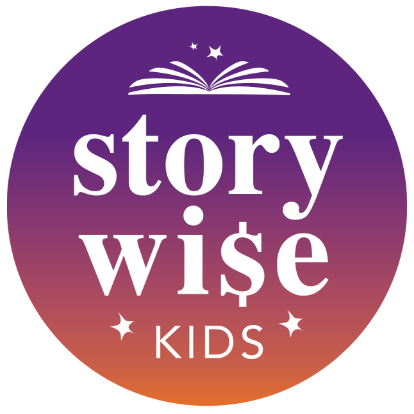We live in a consumer society where credit is handed out like sweets at a birthday party. And we tuck in like there is no tomorrow. Most of us end up paying for it for the rest of our lives.
Why didn’t someone warn us about this? Why didn’t we learn about this at school or university? Unfortunately, many young adults get their first job with a pile of student loan debt, or even worse, credit card debt.
This puts young adults on the back foot financially, and some never really recover.
Student loans are important. They help young adults upskill themselves for that career. And for their first paycheck. But too often this is where young adults start to learn the hard lessons of money management that they should have learnt decades ago.
It is a painful way to learn about money and it should have started decades before. Recent research suggests it cannot start early enough.
A client of mine in the financial services industry relayed the story of how he sat his children down at a very early age and explained the basic of money management. He got them saving. Small amounts. Consistently. Instilling the right habits along with the right knowledge.
These early childhood experiences stuck with them. As did their monthly savings. And at the age of twenty-three his daughter paid for her own tuition. And managed to save money by working through her studies to buy a car.
My client was good with money and understood the value of time and money. He passed this knowledge onto his children and they never looked back. They learnt that the longer your money can grow in an investment, the more you will benefit from compound interest over time. And kids have time. Getting them to start investing a small amount from a very early age makes a big difference over time.
The peace of mind created through knowing that his kids would be able to face any financial challenge, should they encounter one, was a priceless benefit for the time invested in their financial education.
For their good and ours it makes sense to provide our children with the necessary tools to manage their money. It’s time to be more conscious about how our children learn about money. Learning by observing our bad habits is not a good education.
And you can start as young as two or three years old with some great picture books that introduce the foundations for good money management like delayed gratification and planning for the future. They demonstrate the right behaviors and introduce the right concepts in an enjoyable and engaging way.
The StoryWise Kids book series focuses exclusively on instilling these principles into young children and they are supported by great activities at the back of each book and free online tools at www.storywisekids.com
This gives parents everything they need to get the ball rolling by instilling some big money habits for their little savers.

